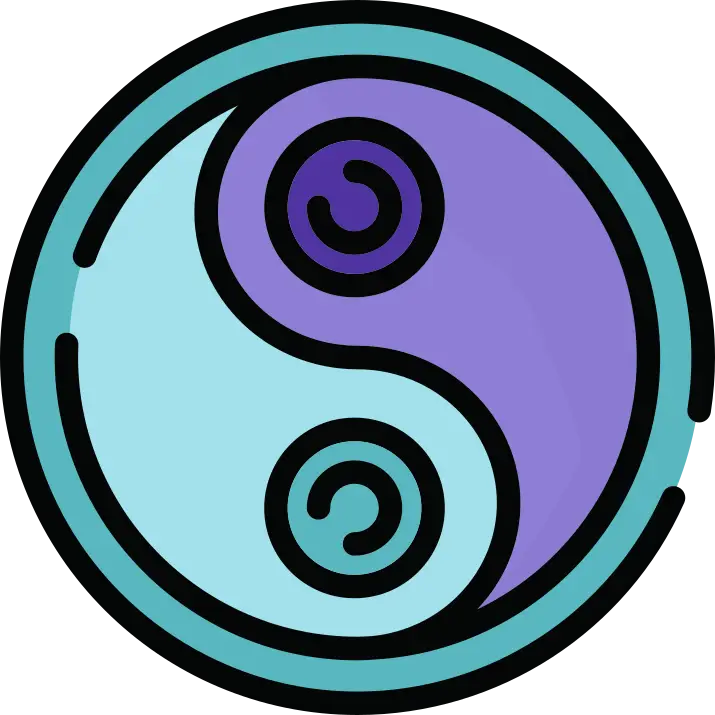Featured Article
Can making fewer assumptions make you happier?
Early in my career, a co-worker told me the saying: “when you assume, you make an a** out of you and me.” Of course he was telling me this because I had made an assumption about something. At the time I was annoyed that he said this to me. I really didn’t believe I made assumptions very often, and that when I did, they were “good” assumptions!
As I’ve progressed on my spiritual journey, however, I’ve become aware of just how often I make assumptions – it’s a lot! And I really wouldn’t call most of them “good!” In his fabulous book, The Four Agreements, Don Miguel Ruiz lists as his 3rd agreement, “don’t make assumptions.” So what’s wrong with making assumptions? Actually assumptions can often lead to stress, anxiety, and other negative emotions. And the more you become aware of when you’re doing this, the more you can create space and peace in your life instead of stress.
Here’s an example that I’ve seen often in my own life. When I am driving my car, if another driver cuts me off or turns in front of me, I get irritated and sometimes actually quite angry. As I began to become more aware, I asked myself why this made me angry. I realized that my assumption in these scenarios was that the other driver was consciously acting in an aggressive way toward me, or at the very least completely disregarding my safety. In reality I have no idea what is motivating that driver to do what they are doing! It might be a new driver, still nervous and unsure of the rules of the road, or an elderly person who has lost some of their confidence in driving. It could be someone that just got some bad news who is very distracted. If I can shift my thinking to not assume they are “out to get me,” I gain much more control over my emotional reaction to these situations.
We also tend to make assumptions about the people we know well. You might see your family member or friend acting grumpy and assume they are mad at you. A parent may look at you in a certain way and you assume you know what they are thinking. When we’ve known a person for a long time, we can sometimes assume we have them “figured out,” and know what is going on inside their heads. In fact, how often have you said to someone, “I know what you’re thinking!”?
It can also be easy to make assumptions about people’s intentions on digital channels. Think about a time when you sent an important email or text to someone, to which you were expecting a quick response. If the person doesn’t respond quickly, how do you typically feel and react? It’s likely your mind starts imagining all kinds of reasons they didn’t respond. Maybe they are mad, or misread what you wrote. Did they even get it? Or maybe they just don’t like you anymore! It’s very common for our minds to fill in the blanks when we actually don’t know something.
Thinking about these examples, does it benefit us in any of these situations to make assumptions? Typically our assumptions take us down a negative path and can often cause needless stress and worry. If you give some thought to this topic and try to pay attention as you go through your day, you can potentially start to let go of some of these assumptions and create a little more space and enjoyment in your life. You can just ask, or wait and see what happens, and avoid stressing yourself out about something you don’t actually know to be true.
Featured Activity
Notice when you make assumptions
Today as you go through your day, try to notice when you are making assumptions about things that might not necessarily be true. For example, sometimes we assume we know what someone else is thinking, or how a person will act or what will happen in a certain situation. Become aware of situations where you are assuming and see if you can try to let some of that go over time. You can write any thoughts or observations in your journal.
Sparkling Quote
It is always better to ask questions than to make an assumption, because assumptions set us up for suffering. – Don Miguel Ruiz




